| | In this edition: Senegal’s fiscal crisis, Mozambique’s Mondlane faces charges, and a play about Muga͏ ͏ ͏ ͏ ͏ ͏ |
| |   Dakar Dakar |   Addis Ababa Addis Ababa |   Gaborone Gaborone |
 | Africa |  |
| |
|
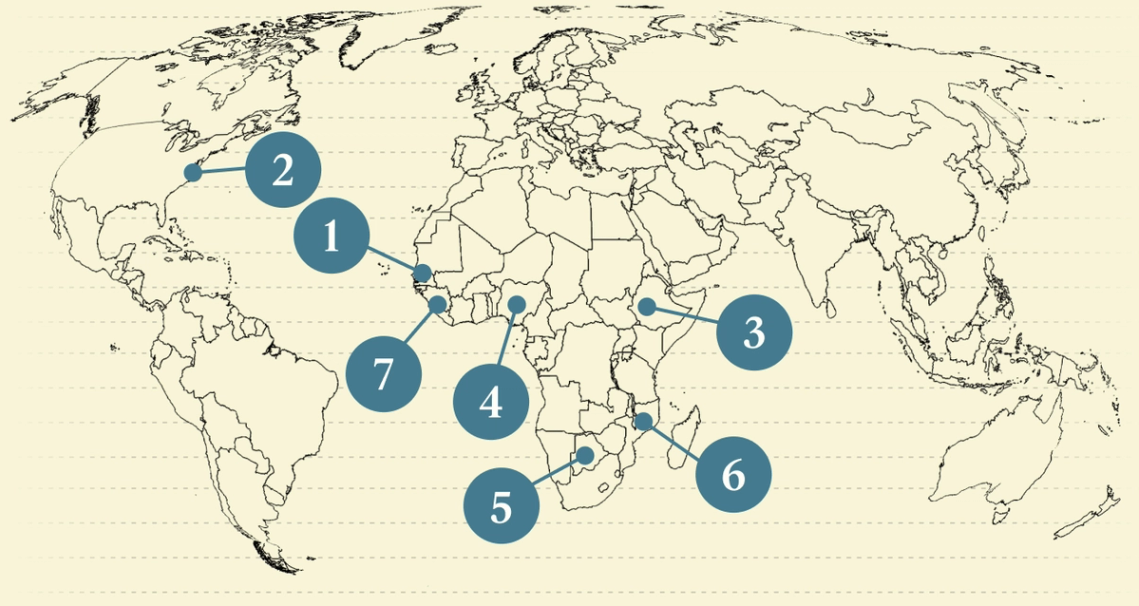 - Senegal’s fiscal crisis
- US readies S. Africa sanctions
- Ethio Telecom profits up
- Nigeria approves loans
- Malaria surges
- Mondlane faces charges
- Weekend Reads
 How a 20-year-old play about Mugabe is finding new audiences in South Africa. |
|
| | 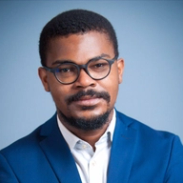 | Joël Té-Léssia Assoko |
| |
 Zohra Bensemra/Reuters Zohra Bensemra/ReutersA growing power struggle between Senegal’s president and prime minister threatens to hamper the government’s efforts to address the country’s worst economic crisis in decades. A credit downgrade by ratings agency S&P this month was already making it difficult for Dakar to tap international capital markets after IMF support was frozen last year. Francophone West Africa’s second-largest economy also faces soaring borrowing costs months after an audit suggested the public purse was in a much worse state than previously thought. Now strains have appeared in relations between the government’s most senior figures. In a speech on July 10, Prime Minister Ousmane Sonko accused President Bassirou Diomaye Faye, his former political protégé, of failing to defend him from “unjust attacks” and “insidious obstacles.” His comments followed a court ruling that upheld a defamation conviction that could scupper Sonko’s potential run for president in 2029. Sonko’s remarks overshadowed Faye’s recent trip to the US, noted political analyst Abdou Fleur, where the president had pitched Senegal’s mineral wealth and “stability” as an investment destination. |
|
US plans S. Africa sanctions |
 Elizabeth Frantz/File Photo/Reuters Elizabeth Frantz/File Photo/ReutersUS lawmakers voted to advance a bill that proposes reviewing the country’s relationship with South Africa and imposing sanctions on some African National Congress officials. Relations between the countries have deteriorated in recent months over Pretoria’s condemnation of Israel’s war in Gaza and US President Donald Trump’s false claim of a white “genocide” in South Africa. The US House Foreign Affairs Committee on Tuesday voted 34-16 to send the bill to the full House of Representatives.The bill would need to pass both the House and the Senate before it could be signed into law. Greg Meeks, the top Democrat on the House Foreign Affairs Committee, told Semafor that he opposed the imposition of sanctions but added he expected Republicans to follow through. He said “diplomacy and dialog” would be a better approach to resolving differences. South Africa is trying to fend off a looming 30% US tariff. President Cyril Ramaphosa on Thursday told reporters that South African officials are “engaged in discussions” with their American counterparts to negotiate a trade agreement. — Eleanor Mueller |
|
Ethio Telecom profits surge |
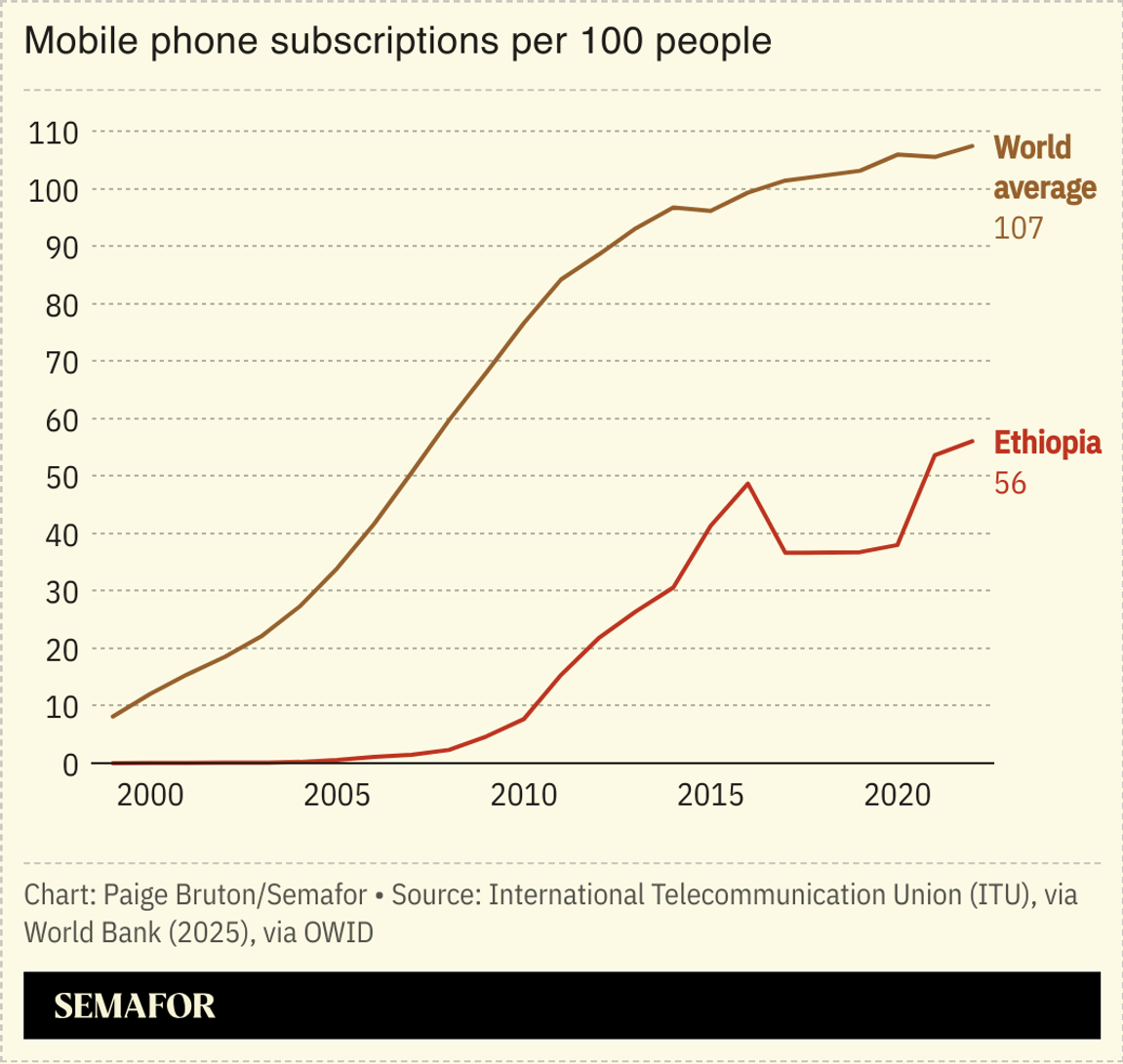 Ethiopia’s state-owned Ethio Telecom reported that its annual pretax profit shot up by more than 80% year-on-year to $550 million. Frehiwot Tamiru, the mobile operator’s CEO, attributed the surge to an increase in customers: The total number of subscribers rose 6.3% to 83.2 million during the year, she told reporters. Earlier this year, Ethio Telecom sold only 10.7% of shares in a lackluster initial public offering aimed at boosting investment in the country’s struggling economy. It raised $24.5 million, a small fraction of the $240 million it had hoped to drum up. After months of delays, the firm also plans to list on the Ethiopian Securities Exchange that was launched in January, the country’s first securities exchange in five decades. The bourse launched a secondary market for trading treasury bills and equities earlier this month, Reuters reported. |
|
Nigerian lawmakers approve foreign loans |
 The foreign borrowing approved by Nigeria’s Senate to plug shortfalls in the country’s 2025 budget. The sum includes loans of 4 billion euros ($4.70 billion) and 15 billion yen ($102.26 million). It has been earmarked for education, healthcare, housing, and infrastructure development. Some $3 billion has been allocated to modernize a 2,000-kilometre rail line connecting the cities of Port Harcourt, in the southeast, with Maiduguri, in the northeast. “These loans are long-term, some with tenors ranging from 20 to 35 years, and they are strictly tied to capital and human development projects,” Senator Adetokunbo Abiru, chair of the Senate banking committee, told lawmakers. |
|
Malaria surges in southern Africa |
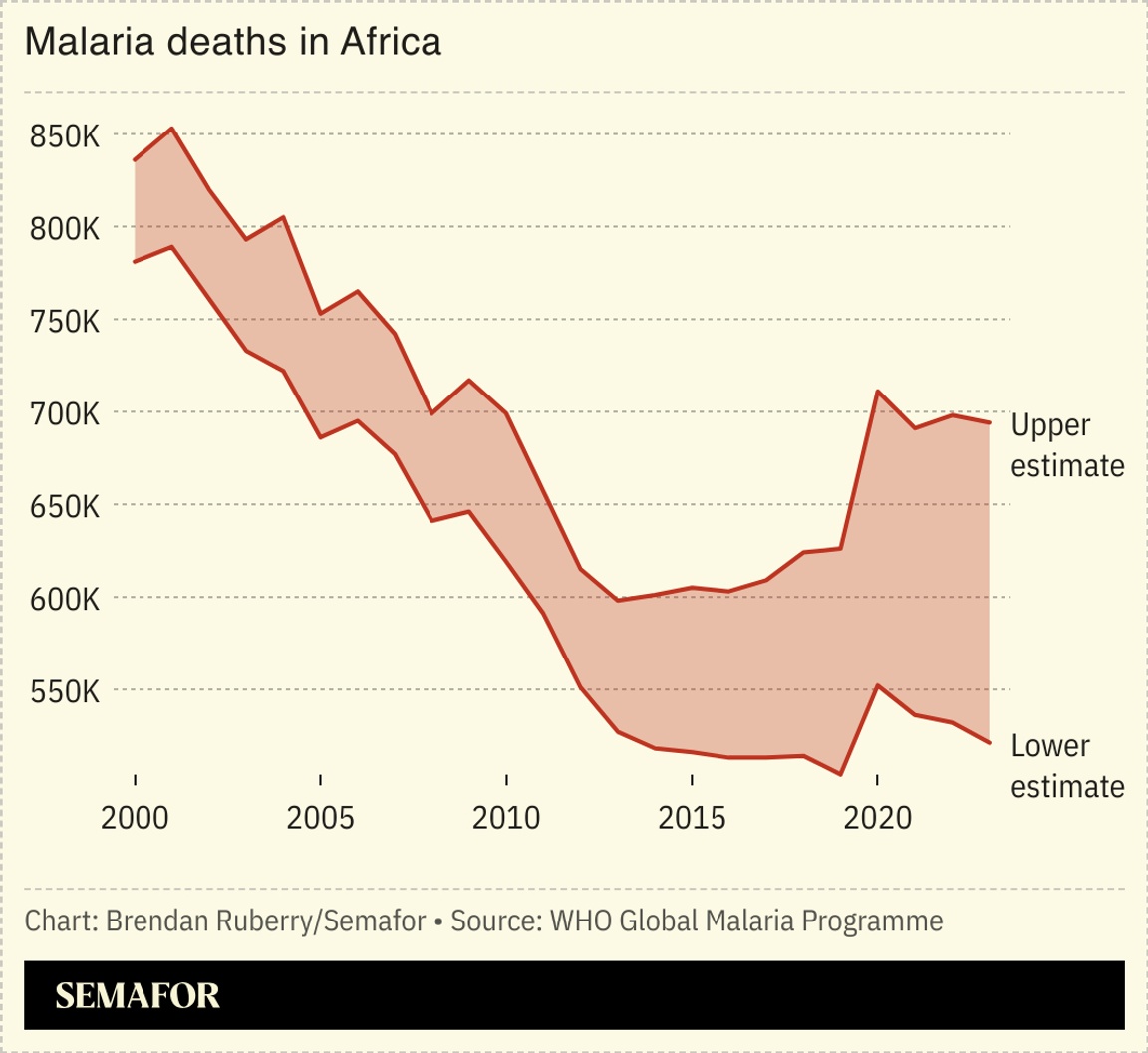 Malaria cases are surging in parts of southern Africa, according to the Africa Centres for Disease Control and Prevention. Botswana, Eswatini, Namibia, and Zimbabwe have reported new outbreaks in the last year, with Zimbabwe recently reporting 111,998 cases and 310 deaths from malaria, compared to 29,031 cases and 49 deaths in the same period in 2024. “We’re in a period of accelerating climate change, accelerating extreme heat, accelerating extreme weather events, which do favor malaria, as they provide a more hospitable environment for spread,” Stephen Morrison, director of the Global Health Policy Center at the Center for Strategic and International Studies, told Semafor. Malaria reduction efforts in Africa face a period of uncertainty: US aid cuts could result in tens of thousands of extra malaria-inflicted deaths in Africa this year, according to one study. At the same time, the first malaria treatment for babies is also being rolled out across the continent, where children under five account for around three-quarters of fatal infections. — Paige Bruton |
|
Person of Interest: Venâncio Mondlane |
 Regulo Cuna/File Photo/Reuters Regulo Cuna/File Photo/ReutersMozambique opposition leader Venâncio Mondlane was this week hit with five charges — including inciting terrorism — following a crackdown on post-election protests that left at least 300 people dead. Mondlane, who came second in the October vote to now-President Daniel Chapo, said he was the victim of a “judiciary crusade.” Mozambique was plunged into months of mass demonstrations after an election the opposition says was rigged and international observers, such as those from the European Union, have also raised concerns about. If convicted, Mondlane could face up to 24 years in prison. He told reporters he was going to trial with a “clear conscience,” Anadolu Agency reported. “We have removed the mask of fraud and taken the extreme resistance against a dictatorial regime,” he told reporters. |
|
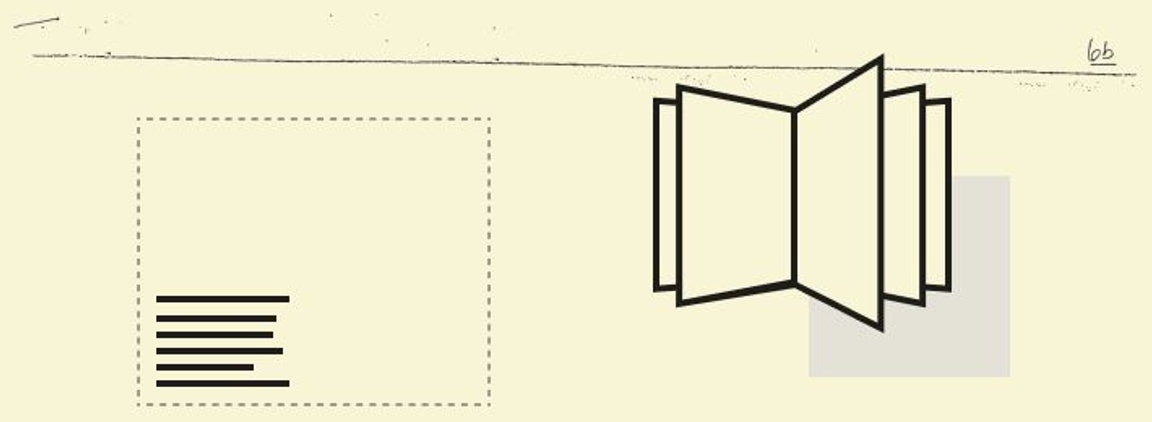 - Only a small number of refugees have managed to settle in the US since Donald Trump suspended admissions after taking office. Laura Barrón-López followed one family’s journey from a refugee camp in Zimbabwe to Connecticut for PBS NewsHour. “There was no purpose to our lives and every day was a struggle,” said the Rwandan father of six. More than 100,000 refugees who were due to be brought legally to the US are currently left in limbo and are “really suffering,” the family said.
- Divers in Sierra Leone’s Banana Islands are hunting for sea cucumbers with a dangerous method that uses air pumped from a diesel generator through a plastic hose, Olivia Acland reports for Al Jazeera. The slimy creatures — considered a delicacy in parts of East Asia — are becoming more scarce, and the community can no longer rely on them as a source of income.
- South Africa’s police service has become increasingly politicized over the last 25 years, Ivor Chipkin, a public policy professor at the University of Pretoria, argues in The Conversation. In 2000, the newly appointed head of the country’s police force was an insider of the ruling African National Congress party. Corruption in the force has surged since then, he writes, and crime rates remain some of the highest in the world. Chipkin describes how South Africa got here and what needs to change.
- Factory workers in Lesotho are already facing significant cuts to their working hours ahead of Trump’s Aug. 1 tariff deadline, Kate Bartlett reports for NPR. Many factories have been shut down in what is known as “the Denim Capital of Africa,” as the country faces some of the highest tariffs on exports to the US in the world, at 50%. Speaking to locals who are now struggling to make ends meet, one said: “We are going to die, we depend on factories.”
|
|
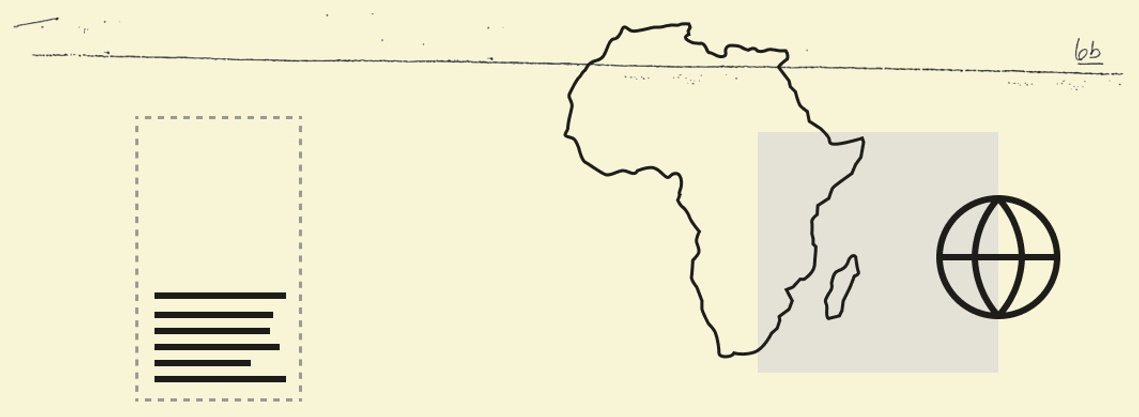 Business & Macro |
|
|